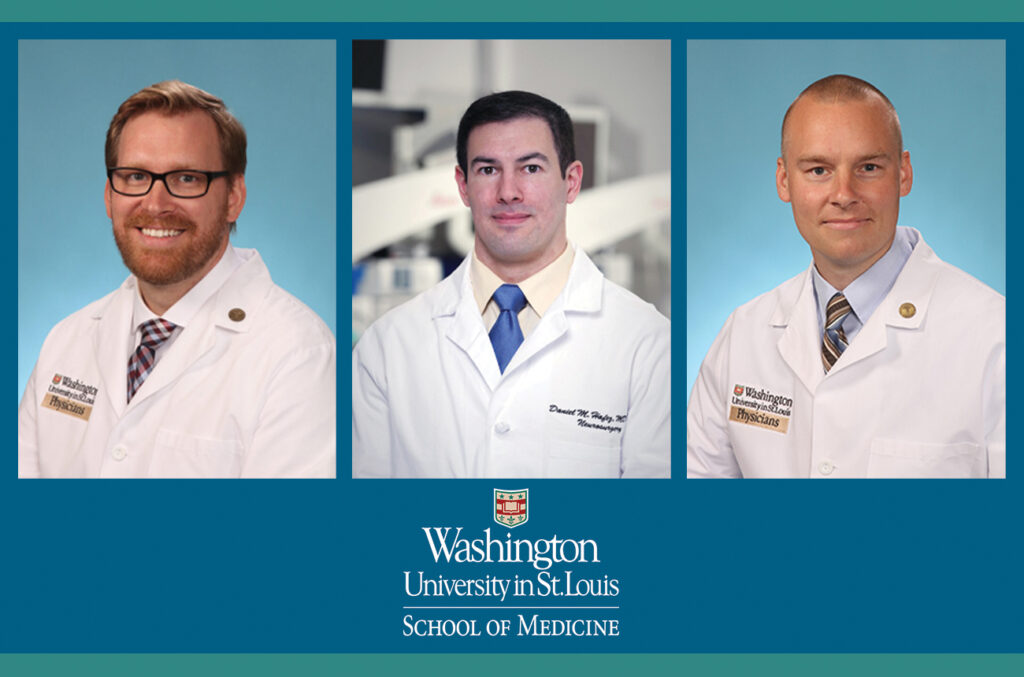Chief residents at the Washington University Department of Neurosurgery reflect on their time spent training and share their next career steps post-residency.
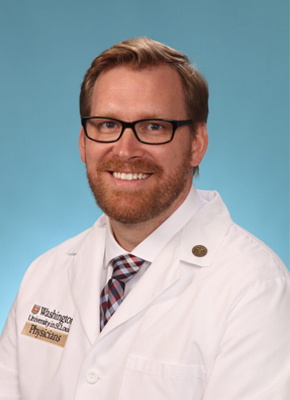
Adam Bevan, MD, PhD
What are your plans after graduation?
Joining a neurosurgical practice in Provo, UT.
What is your most memorable moment while training at WashU?
So hard to limit to a single moment, but I think the most impactful moment for me was spending time with a family in the ICU whose son had a devastating traumatic brain injury as I was a second year resident. I quickly shared with them the data, their limited options, and the likely outcome of each.
They trusted me and chose not to pursue surgical treatment, and all I could do was sit with the family, answer their questions as they arose and check back with them until their son passed. It was a sacred moment for me. All I could offer was support for a family I had only met moments before, but that was the most important thing I could do at that moment.
What do you enjoy doing in your free time?
Spending time with my family.
Any advice for others just starting to investigate where they’d like to pursue a residency in neurosurgery?
Believe in the process of WashU. It takes time to be a good neurosurgeon, and I’m proud to be the product of the WashU neurosurgery program.
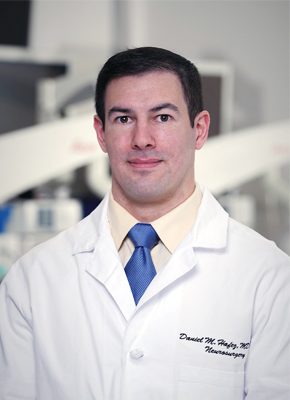
Dan Hafez, MD, PhD
What are your plans after graduation?
After graduation I will be moving to Pittsburgh, PA, to complete an open/MIS spine fellowship at University of Pittsburgh Medical Center. Upon completion of my fellowship there, I will be returning to WashU as faculty to join the Department of Neurosurgery. I am very excited to continue working with my mentors and to be able to contribute to the culture of excellence and innovation in the department as a whole, but particularly with the spine team.
What is your most memorable moment while training at WashU?
My most memorable moments during my training involved getting to work with my brother while he completed his Emergency Medicine residency here at WashU. It was enjoyable getting to work with him through four years of residency as we both matured in our respective specialties, while also keeping him in line with multiple threats of “telling mom.”
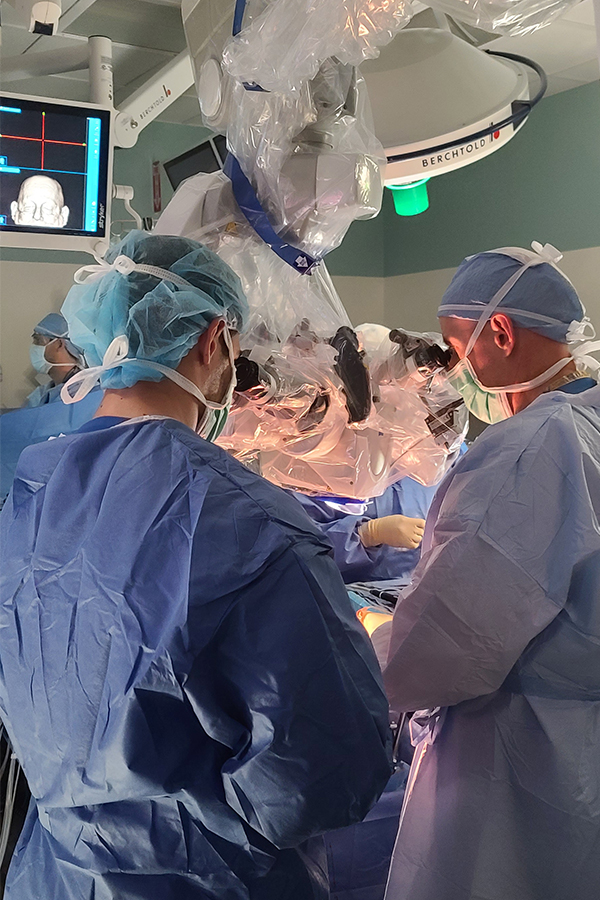
What do you enjoy doing in your free time?
In my free time I enjoy spending time with my wife, playing golf, and some form of exercise.
Any advice for others just starting to investigate where they’d like to pursue a residency in neurosurgery?
Neurosurgery is a demanding but very rewarding specialty. I gravitated towards this specialty due to my fascination with the brain and my desire to be able to have my physical intervention impact the outcome of a patient. If you love neuroscience and working with your hands, there is no better specialty than neurosurgery. It is the perfect way to intimately observe and learn about a fascinating organ while truly having a profound impact on patients.
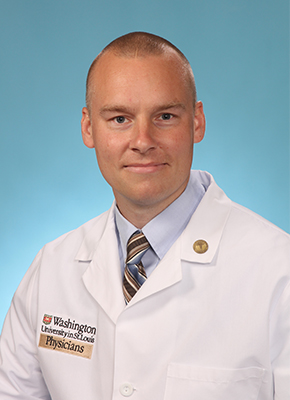
Peter Sylvester, MD
What are your plans after graduation?
Staying in St. Louis working at St. Louis Minimally Invasive Spine Center.
What is your most memorable moment while training at WashU?
What do you enjoy doing in your free time?
Caring for children, hiking.
Any advice for others just starting to investigate where they’d like to pursue a residency in neurosurgery?
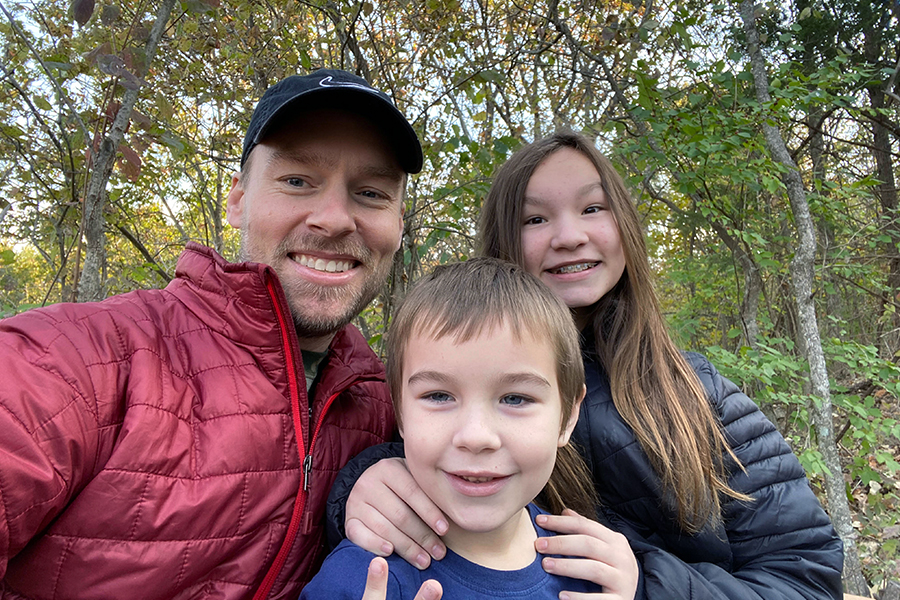
Trust your instincts and carefully consider the present and future needs of your family.
